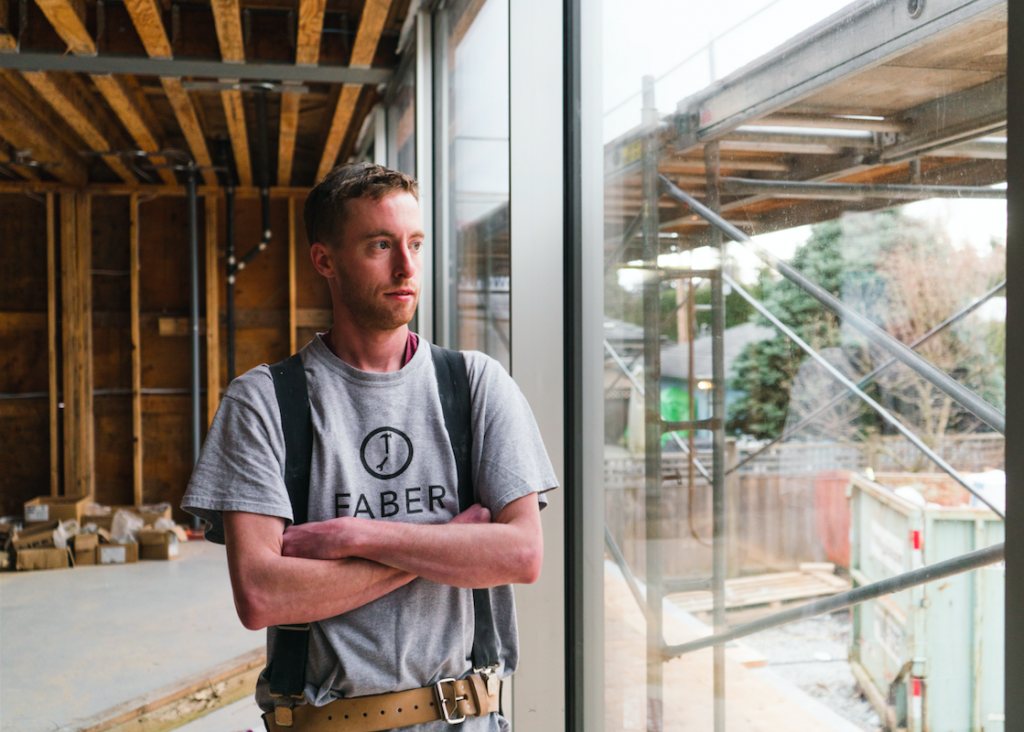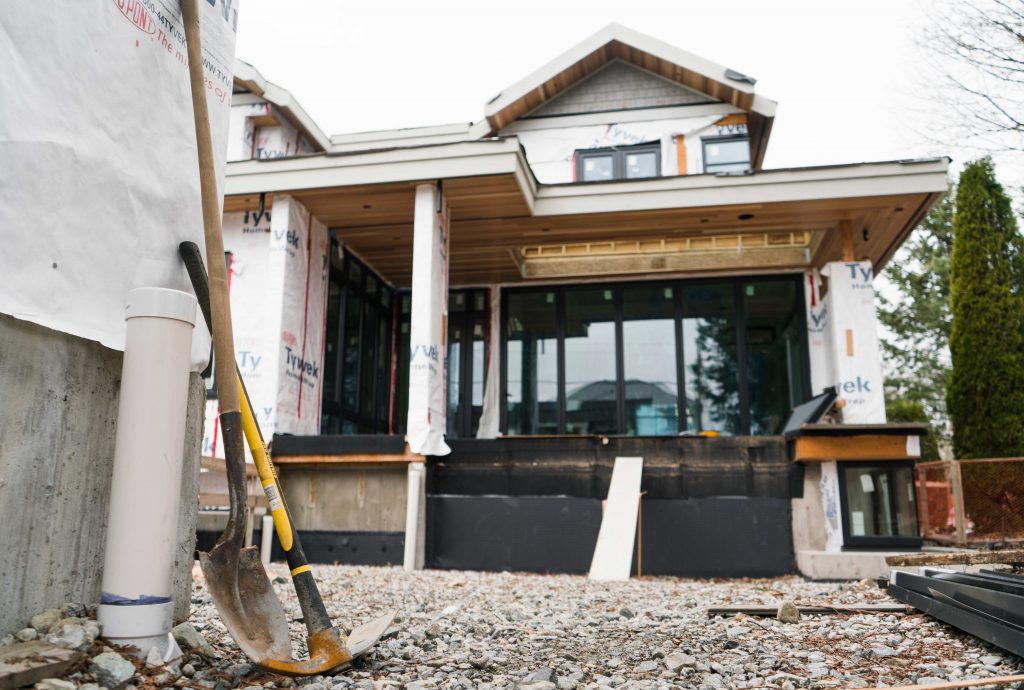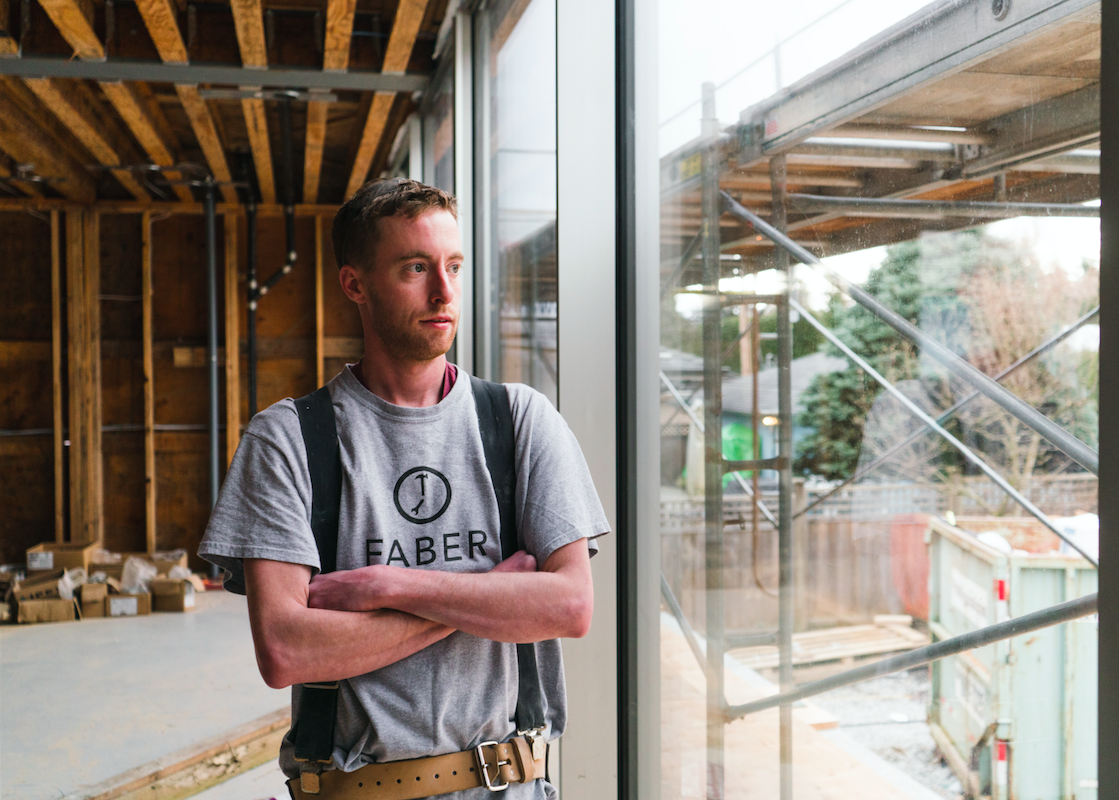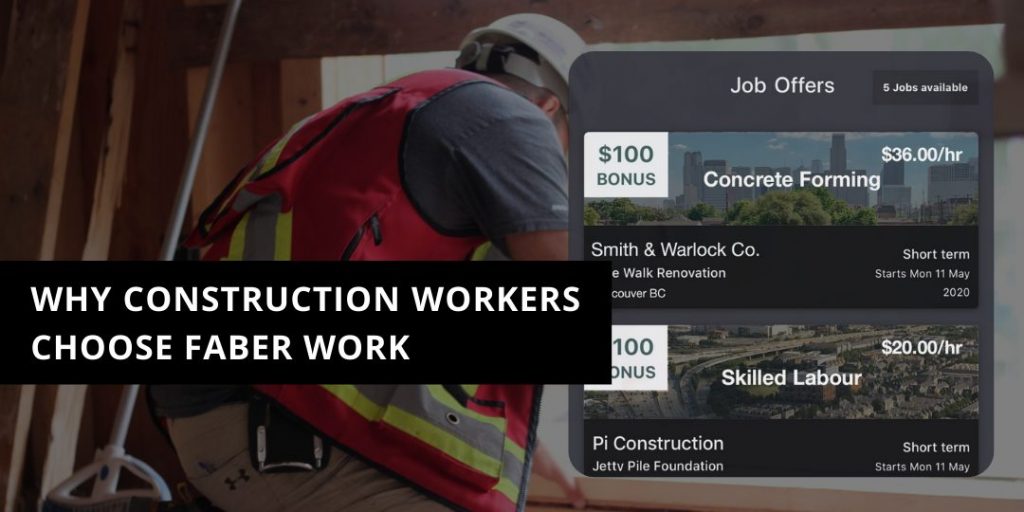
According to the Conference Board of Canada’s latest press release, the Canadian construction industry is about to see a boom of activity in the non-residential sector – that is, if managers and contractors can find the skilled labour to see the projects through. Late last year, President of the B.C. Construction Association Chris Atchison shared concerns with CBC News that while there are construction projects “on the books” worth trillions of dollars, there is a growing scarcity of skilled workers to get the job done. As of the fall of 2017, a portion of those projects (worth $75 million) were already underway. Little has changed on the labour supply side since then.
They say that the definition of insanity is trying the same thing over and over and expecting different results. It’s a cliche, sure, but our team at Faber grew out of personal experience in construction, and we know this cliche to be true for our industry. We decided to build our platform around a number of things that hadn’t been tried before – with the goal of getting different results in recruitment, retention and worker pride. This week we spoke with one of our workers, Travis, to see how we’re doing.

“I joined Faber because I wanted a flexible way to explore the world of construction,” said Travis. “I needed an option where I could find reliable work fast, but where I could also have the freedom to balance a career with other things I have going on in my life.”
The desire to find work/life balance is a common reason workers sign up with us. Canada’s major cities are expensive places to live, and many residents are looking for a career where they don’t spend their daylight hours in a cubicle, living paycheck to paycheck. Going into skilled trades can offer an escape route from the daily office grind, but the traditional construction model (particularly when it comes to contracting) comes with some disadvantages: Workers are often up at 5 a.m., lining up in front of temporary labour sites with no guarantees of whether they’ll get work, when their day will start and when it will end. Let’s go back to that definition of insanity thing: We knew skilled workers were looking for a better way, and we felt they deserved one. Faber’s workers can sign up at a reasonable hour from the comfort of their home, with the knowledge that they can choose the projects that are a good fit, run by contractors with plenty of worker reviews vouching for them.

Travis got the opportunity to explore the industry without worrying where his next job would come from. It was also important for him to do this without spending too much of his time on unnecessary admin. “Signing up for Faber only took a couple of days, and I was impressed by how simple and intuitive it was,” he said. “Once I was signed up, I had several offers for work within one day.” When workers migrate over to Faber, they’re relieved to find that the system takes care of all the admin stuff they were once required to do on paper. No more picking up cheques from an off-site office, or waiting on the phone while someone in the accounting department corrects payment mistakes.
The point? We think the kind of unpredictable work and disorganized paper-based systems that are still commonplace within the construction industry might be the definition of insanity. Workers like Travis can attest to the fact that trying something new pays off. It might even help us close the gap between B.C.’s problem with labour supply. When we consider how much money is waiting for us in the non-residential sector, to say the change will “pay off” isn’t just a great pun: It’s an understatement.





